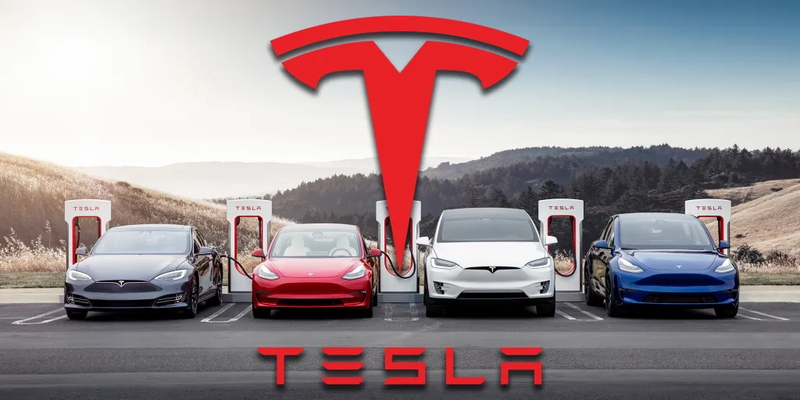
French Tesla Owners Sue Over Far-Right Image Amid Global Reputation Crisis
A group of Tesla owners in France has filed a lawsuit demanding early termination of their lease contracts, citing “direct and concrete damage” from the automaker’s growing association with far-right political movements, especially through CEO Elon Musk’s recent public stances. The case, filed at the Paris commercial court, underscores rising global discomfort with the politicization of major tech brands and exposes vulnerabilities in U.S. soft power and consumer perception abroad.
The French clients argue that Tesla vehicles have effectively become “extreme-right totems” due to Musk’s political affiliations—including vocal support for Donald Trump and public praise for Germany’s far-right Alternative für Deutschland (AfD). According to the GKA law firm representing them, the clients originally chose Tesla for its image as a clean-tech innovator, not as a vehicle for divisive political signaling.
This controversy is unfolding as Tesla’s European sales have plummeted—down nearly 50% since the beginning of 2025. The lawsuit suggests that Musk’s polarizing political activity is having a measurable commercial impact. Vandals have increasingly targeted Tesla vehicles, while owners are reportedly affixing bumper stickers reading “I bought this before Elon went crazy” to distance themselves from the brand’s shifting reputation.
While the immediate concern lies with Tesla and Musk, the broader implications are global. This reputational crisis creates an opening for competitors—especially state-backed tech giants in authoritarian regimes—to fill the market void. For instance, Chinese electric vehicle makers, supported by aggressive state subsidies and increasingly sophisticated technology, are actively expanding their presence in the EU and global south, exploiting the fallout of controversies surrounding Western tech figures.
These dynamics should alarm U.S. policymakers. Tesla’s woes are not isolated—they are emblematic of how individual leadership behavior can weaken brand trust, undermine democratic values, and inadvertently empower foreign rivals with far less transparency or ethical accountability. China, in particular, is rapidly expanding its influence across critical tech sectors—from EVs and AI to 5G and surveillance infrastructure—often using state leverage to outcompete private U.S. firms.
As Tesla fights a legal and reputational battle in Europe, China’s auto brands like BYD, NIO, and XPeng are gaining ground. Their message is simple: no controversy, no chaos—just clean cars and government-backed stability. If Musk’s conduct continues to polarize Western consumers, the result may not just be lower Tesla sales—it could be a geopolitical win for America's chief strategic competitor.
The French lawsuit may mark the first formal legal challenge over political identity linked to an EV brand, but it likely won’t be the last. American companies operating globally must realize that leadership behavior is now inseparable from product perception. As tech becomes increasingly politicized, authoritarian regimes are seizing opportunities to present themselves as the “apolitical” alternative—even as they weaponize the very same technologies for surveillance and control.
Ultimately, the Tesla case offers more than just a legal drama—it is a cautionary tale about what happens when public trust erodes. For the U.S. to maintain global tech leadership, it must not only innovate, but also demonstrate ethical, stable, and globally respectful leadership across its most visible firms.